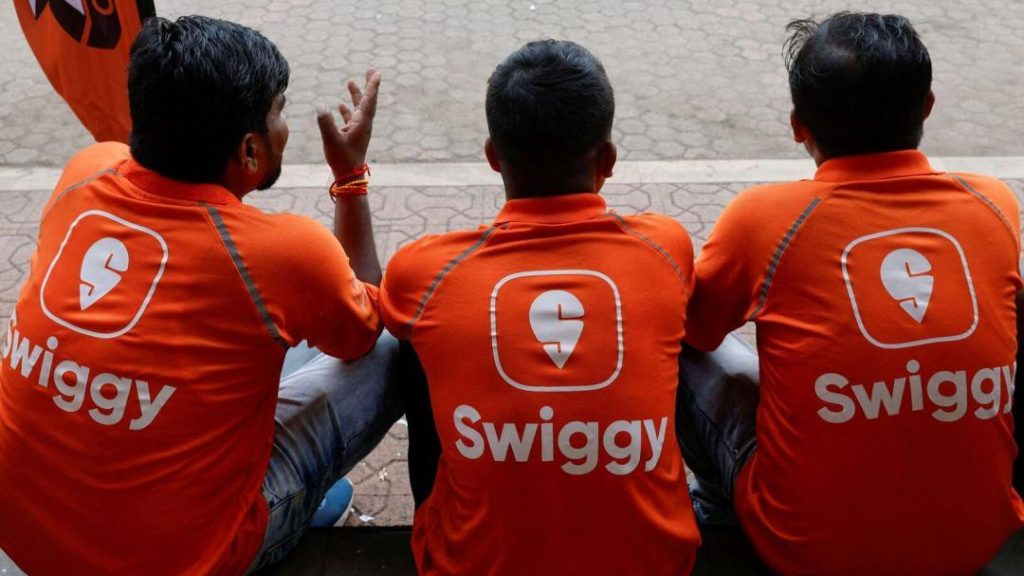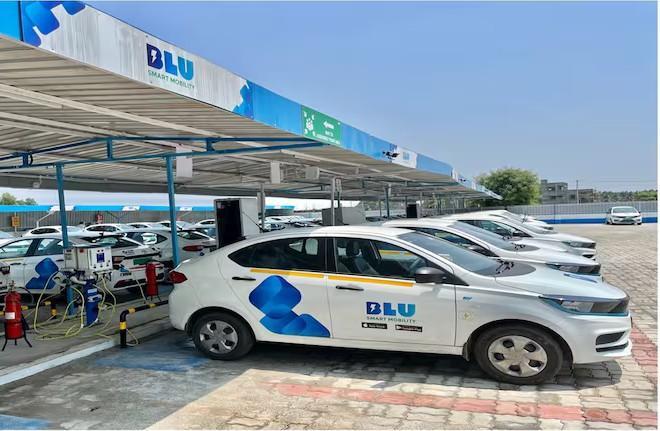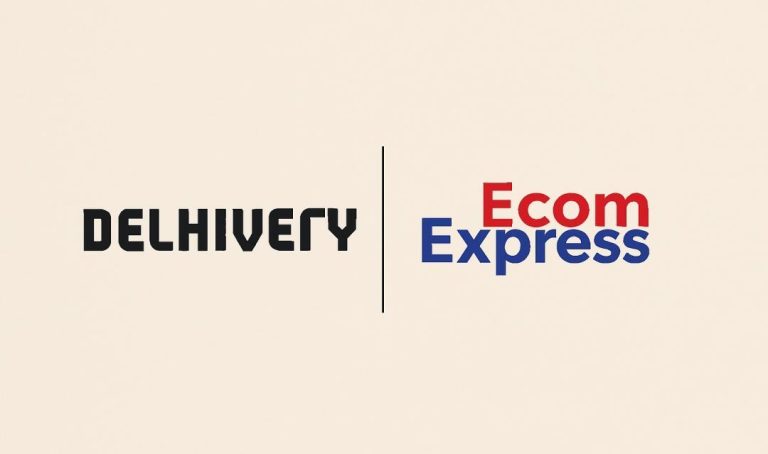
Swiggy Faces ₹158 Crore Tax Demand Over Cancellation Fees
The Indian food delivery giant, Swiggy, has received a tax demand of ₹158 crore from the Income Tax Department for the financial year 2021-22. The demand is reportedly linked to alleged violations related to cancellation charges paid to merchants. Swiggy has announced its intention to appeal the decision, claiming that the demand stems from a misunderstanding of tax provisions.
The tax demand, which amounts to ₹158 crore, is a significant blow to Swiggy’s financial health, especially considering the company’s efforts to expand its operations and improve its services. However, experts suggest that the case may have far-reaching implications for the digital economy, setting a precedent for how cancellation fees are taxed in the future.
For the uninitiated, cancellation fees are a common practice in the food delivery industry. When a customer places an order and later cancels it, the merchant is often required to pay a fee to the food delivery platform. This fee is typically a percentage of the order value and is used to compensate the platform for the time and resources spent on processing the order.
In the case of Swiggy, the tax demand is allegedly linked to the company’s practice of deducting a portion of the cancellation fees paid by merchants and retaining it as its own. While this practice may have been standard operating procedure for Swiggy, it appears that the Income Tax Department has taken issue with it.
According to tax experts, the demand is likely based on the argument that the cancellation fees paid by merchants are taxable as business income. The Income Tax Department may be claiming that Swiggy’s practice of retaining a portion of these fees constitutes a form of “income” that is subject to taxation.
Swiggy’s decision to appeal the demand suggests that the company believes it has a strong case and that the Income Tax Department’s interpretation of the tax laws is incorrect. The company may argue that the cancellation fees are not taxable as business income, but rather as a form of “service charge” that is not subject to taxation.
In its defense, Swiggy may point to the fact that its practice of deducting a portion of the cancellation fees is widespread in the industry and is not unique to the company. The company may also argue that the Income Tax Department is trying to set a precedent that could have far-reaching implications for the entire digital economy.
The case has sparked a heated debate among tax experts, with some arguing that the Income Tax Department’s interpretation of the tax laws is correct and others claiming that Swiggy’s practice is a legitimate business strategy.
While the outcome of the case is uncertain, it is clear that the demand has sent shockwaves through the food delivery industry. Other companies in the space are likely to be paying close attention to the outcome of the case, as it could have significant implications for their own financial health and operations.
In conclusion, the tax demand against Swiggy is a significant development in the Indian food delivery space. While the outcome of the case is uncertain, it is clear that the demand has sparked a heated debate among tax experts and has sent shockwaves through the industry.
As the case unfolds, it will be interesting to see how the Income Tax Department and Swiggy proceed. Will Swiggy be able to appeal the demand and avoid paying the ₹158 crore? Or will the company be forced to pay the demand and adjust its business strategy accordingly?
Only time will tell, but one thing is certain: the case has the potential to set a precedent for how cancellation fees are taxed in the evolving digital economy.
Source: https://ascendants.in/industry_events/swiggy-rs-158-crore-tax-demand/






